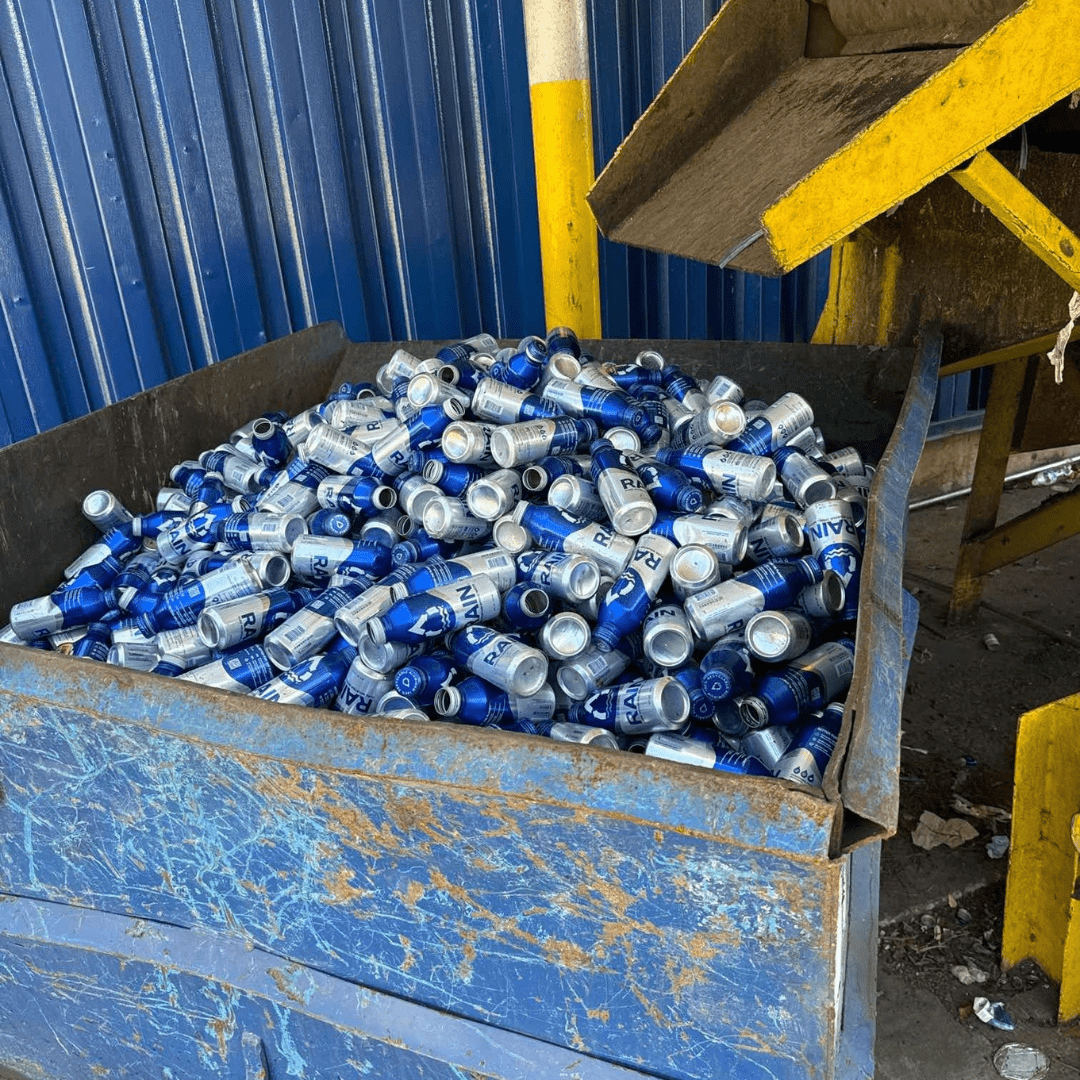

· By Mark Majkrzak
Plastic Water Bottle Pollution on the Mississippi River
Have you ever thought about how the water you choose to drink could impact an ecosystem thousands of miles away? The Mississippi River—America’s most iconic waterway—is under threat from a growing source of pollution: single-use plastic water bottles. Spanning over 2,300 miles from Minnesota to the Gulf of Mexico, the Mississippi plays a critical role in transporting goods, supporting wildlife, and supplying drinking water to millions. But now, plastic bottles are polluting this essential river system, posing serious environmental and economic risks.
While recycling is often part of the conversation around plastic bottles, the reality is sobering: nearly two-thirds of them never get recycled. Many end up as litter, entering the river through stormwater runoff, overflowing bins, or improper disposal. Once in the water, plastic bottles can float downstream for hundreds of miles, slowly breaking down into microplastics—tiny fragments that are nearly impossible to remove. These microplastics are often mistaken for food by fish, birds, and even microscopic organisms, entering the food chain and eventually affecting larger predators—including humans. It's a cycle of contamination with far-reaching consequences.
Choosing a plastic-free option like RAIN is one simple way to help combat this growing problem. Our water comes in 16 oz aluminum bottles that are not only refillable but also infinitely recyclable. In fact, aluminum is recycled almost twice as often as plastic—and as a bonus, it chills faster and stays cold longer. By choosing RAIN, you're not just hydrating—you’re making a more sustainable choice that helps keep plastic out of waterways like the Mississippi.
Plastic pollution doesn’t just harm wildlife—it hits communities too. Cities like St. Louis, Memphis, and New Orleans spend millions on cleanup efforts. Plastic waste clogs drainage systems, increases flood risks, and tarnishes the natural beauty of the riverbanks—hurting tourism, recreation, and local businesses that rely on a clean riverfront. From community-led cleanups to new legislation targeting single-use plastics, many are working to protect the Mississippi. But lasting change also depends on everyday choices.
Protecting the Mississippi River isn’t just an environmental issue—it’s a social and economic one. Reducing our plastic footprint ensures this essential waterway remains healthy and beautiful for generations to come.
A small switch away from plastic can make a big impact. We hope you’ll choose RAIN.
